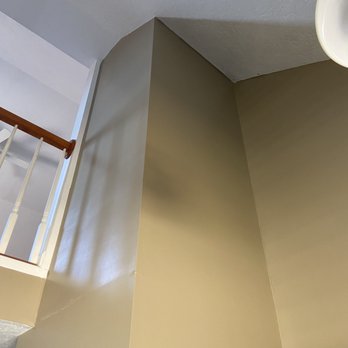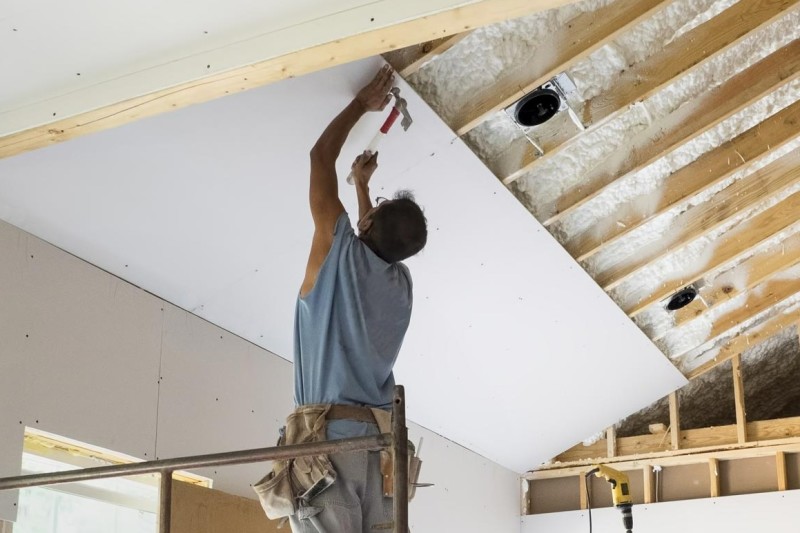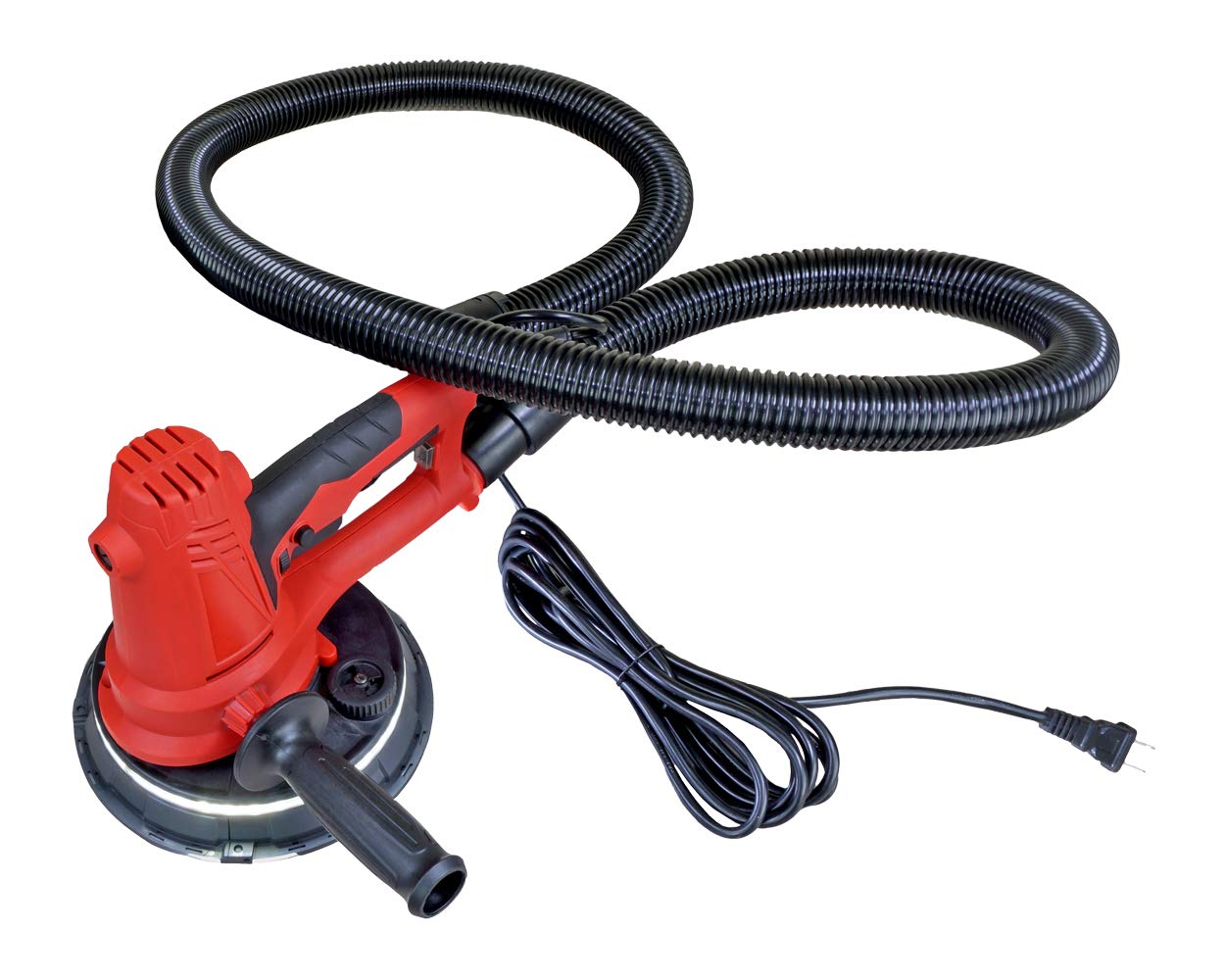
Installing thin brick can add a nice finishing touch on your wall. These lightweight, small-sized tiles are easily found at online and in-stores. Although the installation is easy, it requires some care. There are many options available that will make it easy.
For starters, you'll need to make sure your wall is level and square. This is crucial because bricks can weigh up to 1092 lbs when combined with mortar. The floor can be protected by a tarp or drywall sheet. Measure the wall while you are at it. For practice walls, you can order extra bricks.
Next, make sure you choose the best adhesive to do the job. If you're working with drywall, you don't want to use a product that will melt or cause an issue with the paint on the walls. Use a product made for brick veneer installations at normal temperatures. Some brands also offer special adhesives that can hold your bricks in place while cleaning up.

Wire mesh backing is another option. This method is more difficult but can provide additional adhesion. After the initial set-up, you'll have to wait for the adhesive to dry. Once the adhesive is dry you'll need to get a grout bag.
You will also need to apply thin-set to the backside of your thin block. You don't have to cover the entire surface. Just the edges. Spread the thin-set with a trowel. This will ensure that each brick gets the same amount. You can also use a thin-set-specific tool if you have one or more bricks that need some love.
You can also install brick-veneer in other ways. One of the best methods involves the use of a track system. They are specially designed to make straight corners easier to achieve. These channels can be used to cover any wall irregularities. Using this system, you can install a variety of styles.
A mastic sealing agent is also a good idea. It will not provide waterproofing, but it will prevent your bricks moving around. Depending on the temperature, this type of sealant might not be necessary.

Finally, you will need a good masonry shovel. It's a good idea for one to be heavy-duty. This is especially important for brick installers who plan on using a lot.
It doesn't really matter whether you want to use a brick veneer or a tiles veneer, it's important that you follow the manufacturer’s instructions. Make sure to leave the sealant to cure for at least three days. Otherwise, mortar can fall to floor. Moreover, it might be a good idea to test a small amount of the glue in the aforementioned bucket before using it on your entire wall.
FAQ
Is it better to finish floors or walls first?
It is the best way to begin any project. It's important to think about how you are going to use the space, who will use it and why they need it. This will help you choose flooring or wallcoverings.
If you have decided that you want to create an open plan kitchen/living area then you may choose to install flooring first. You can also choose wall coverings if you want to make the room private.
Do I need an architect/builder?
It might be easier to have someone else do the work if you're planning on renovating your own house. If you're looking to purchase a home, an architect or builder can help you achieve your goals.
In what order should home renovations be done?
It is important to determine where you want to place everything when renovating your house. If you plan to sell your home soon, then you should think about how you would like to present your home to potential buyers. Next, think about how you want your living space, including the kitchen, bathroom and living room. After you've decided on the rooms that you wish to renovate, it is time to start searching for contractors who are experts in these areas. After you have hired a contractor to work on your project, it is time to get started.
How to sell my house fast without having to pay realtor fees?
Start looking for buyers right away if your goal is to sell quickly. You should be open to accepting any price offered by the buyer. However, if you wait too long, then you will probably lose out on some potential buyers.
Do I need permits to renovate my house?
Yes. Before you start any home improvements project, permits are necessary. In most cases, you will need both a plumbing and building permit. You might also require a zoning permission depending on which type of construction is being undertaken.
Statistics
- It is advisable, however, to have a contingency of 10–20 per cent to allow for the unexpected expenses that can arise when renovating older homes. (realhomes.com)
- They'll usually lend up to 90% of your home's "as-completed" value, but no more than $424,100 in most locales or $636,150 in high-cost areas. (kiplinger.com)
- ‘The potential added value of a loft conversion, which could create an extra bedroom and ensuite, could be as much as 20 per cent and 15 per cent for a garage conversion.' (realhomes.com)
- A final payment of, say, 5% to 10% will be due when the space is livable and usable (your contract probably will say "substantial completion"). (kiplinger.com)
- Rather, allot 10% to 15% for a contingency fund to pay for unexpected construction issues. (kiplinger.com)
External Links
How To
5 Things You Should Know Before Starting Your House Renovation
-
Do you really want this? - If you're going to start a major home improvement project like renovating your kitchen, bathroom or even building a new house, there's no doubt that you'll need some help along the way. If you aren't confident enough to take on such a daunting task, you may want to reconsider. This could cost you a lot of money and time, and you may not get any real benefit from it. Hire someone who knows the ropes to help you. You'll be able to save a lot of time and stress while still having a lovely space to call your own.
-
How much should I spend? - This one might seem obvious, but spending too much on a renovation project could actually make matters worse. Because you will likely end up paying most of the costs back at the conclusion of the day. Keep your budget in mind. A lack of a budget could mean that you end up spending a fortune and getting nothing in return.
-
Do I prefer to hire professionals or DIY? - Although there's no right answer, we would recommend hiring professionals if you have the means. They'll give you the best advice possible on how to proceed with your particular project. For example, they'll be able install the plumbing correctly, ensure that everything is done safely, and provide you with a warranty when they finish their work. DIY projects can be frustrating because they require a lot more trial and error. This means that you will have to learn many lessons from the experience. There will be many problems along the way.
-
Can I afford it? - Don't underestimate what a renovation will cost. Even if you think you can manage it on your own, you might find that you need to borrow money from friends and family just to cover the bills. And if you're planning to sell your current property soon after completing the renovations, you'll definitely need to factor in the price of selling it into your calculations.
-
Where do I start? There are no right or wrong places to begin when choosing where to start. But, we recommend you pick something you love to work on. This will help you stay motivated and make it less likely that you procrastinate. Also, avoid places that are difficult to maintain. You shouldn't redecorate your living space if you are constantly cleaning up dirt and dust.